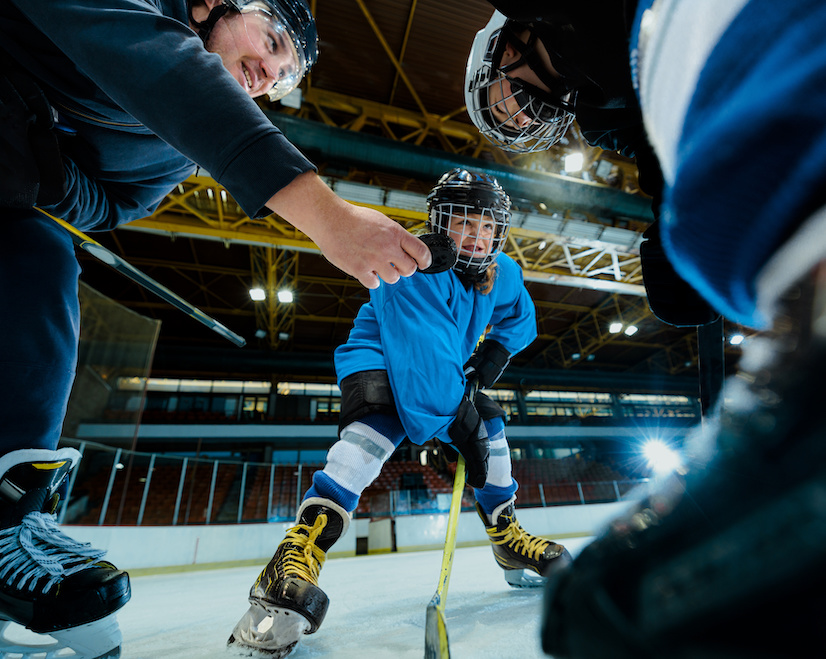Good sportsmanship can benefit children in many ways. By learning to be a good sport, children can develop respect for others, self-control, and a positive attitude. These skills can help children manage many other parts of their lives and are key to becoming a mature, respectful, and successful adult.
Sportsmanship is a core value that can be instilled in children at a young age. It’s important for young athletes to learn how to play fair and treat others with respect. Kids learn how to be a good sport from the adults in their lives, especially their parents and their coaches.
Here are some areas to focus on to promote good sportsmanship:
Be a Team Player
Being part of a team means having a positive attitude and never thinking that team rules and policies don’t apply to you. It also means sharing the spotlight, and working together for the great good of the group.
Recognize that Everyone Makes Mistakes
Mistakes are a part of life, and are an opportunity for learning and growth. If you make a mistake, try to learn from it rather than beating yourself up over it. Never ridicule players who aren’t as gifted as others. Remember, everyone is trying their best, and everyone wants to win.
Play Fair
Rules exist to make the game safe, fair and fun. Cheating demonstrates poor sportsmanship, and no one wants to play with a cheater. Never argue with an official when you disagree with them.
Never Trash Talk
Putting a teammate down for missing an important shot, taunting the opposing team or bullying is never appropriate. If you don’t have something nice to say, don’t say anything at all.
Be Positive
Good sportsmanship is not just about avoiding negative behavior like taunting opponents or arguing with officials, it also means speaking positively about yourself and others rather than complaining or being rude.
Learn How to Win and Lose Gracefully
Always be respectful. Never be rude to your teammates, other players, coaches, referees or fans. Don’t badmouth your opponent, don’t be a sore loser and don’t be a sore winner and rub it in your opponent’s face, either,
Lead by Example
Remember, it is everyone’s responsibility to promote and ensure that everyone displays good sportsmanship at youth sporting events. As a parent, it is important to lead by example. Here are a few ways you can show your good sportsmanship:
- Keep sideline comments positive and encouraging
- Don’t bad-mouth coaches, players, or officials
- Applaud good plays, no matter who makes them
- Focus on effort, not only outcome
- Congratulate the winners, even if they’re on the other team
The experience of playing youth ice hockey helps to develop positive whole-life attitudes and behaviors, giving young athletes the resources to build skills and core values for success on and off the ice.

